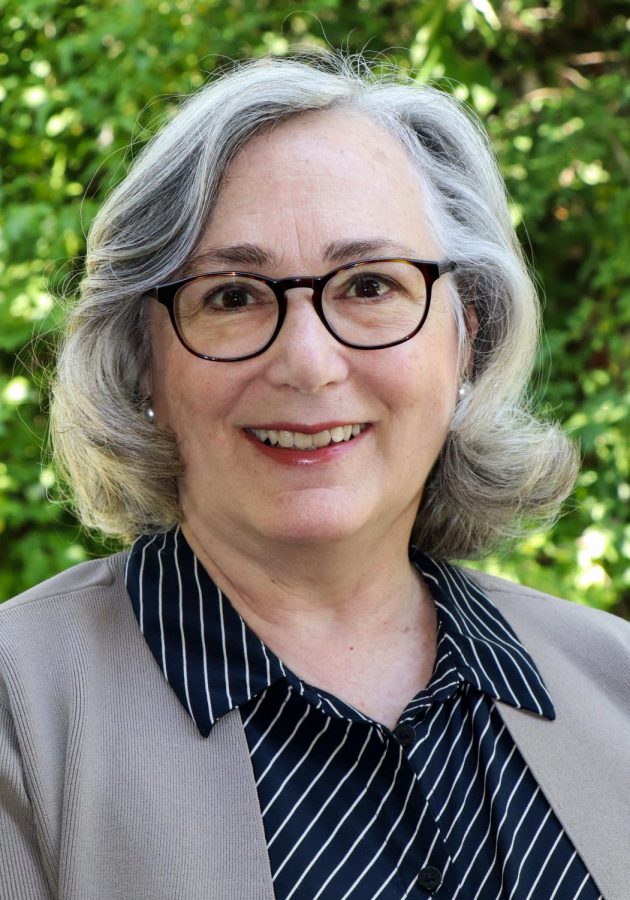Instructors receive extension for UCORE course revisions
Course revisions occur every five years, current revision postponed due to COVID-19
Mary Wack, vice provost for academic engagement and student achievement, said UCORE courses are revised every five years.
September 16, 2020
WSU postponed the renewal of University Common Requirements classes for the 2020-21 school year, which means UCORE professors have a one-year extension to rewrite their courses.
The UCORE committee and instructors will revise course designations because the curriculum’s current structure does not make sense, said Mary Wack, vice provost for academic engagement and student achievement.
The diversity requirement is one of the designations that is under revision, she said, because the current conversation is on equity and social justice.
“There will be a lot of discussion, and we are only at the beginning stages,” Wack said.
UCORE began a full-year course renewal in fall 2019, with the exception of a few courses that were already submitted in 2018, said Clif Stratton, UCORE director and associate professor of history.
The courses are on a five-year rotation to make sure they still meet the criteria of skill development. It is a big project for departments that have a lot of courses, Wack said.
The purpose of UCORE is skill development, Stratton said. UCORE courses need to align with the skills students need.
“The renewal process is a chance for professors to get some feedback on their proposed outlines for their courses,” Stratton said.
There were several reasons the UCORE committee decided to postpone the renewal process, the main reason being COVID-19, he said.
This affects faculty the most because it is their responsibility to design the renewals. This is a challenging environment to teach in because of frequent technology issues and many professors spending more one-on-one time with students, Wack said.
“The switch from in-person to online presented many problems for professors,” Stratton said. “Some courses are just not designed to be delivered online.”
While professors are teaching classes, many are also homeschooling their own children, Wack said.
“This, coupled with the time it takes to build a convincing renewal package, it made the most sense to us to do this for our faculty,” Stratton said.
This will not negatively affect students, he said. Students will still be able to progress through their degrees as current class designations will be kept the same.
However, which semester a student will take their UCORE courses may change, Wack said.
“We do look at data on how successful students are in the course,” she said. “Juniors and seniors tend to do better in the higher-level courses than freshmen and sophomores.”

















